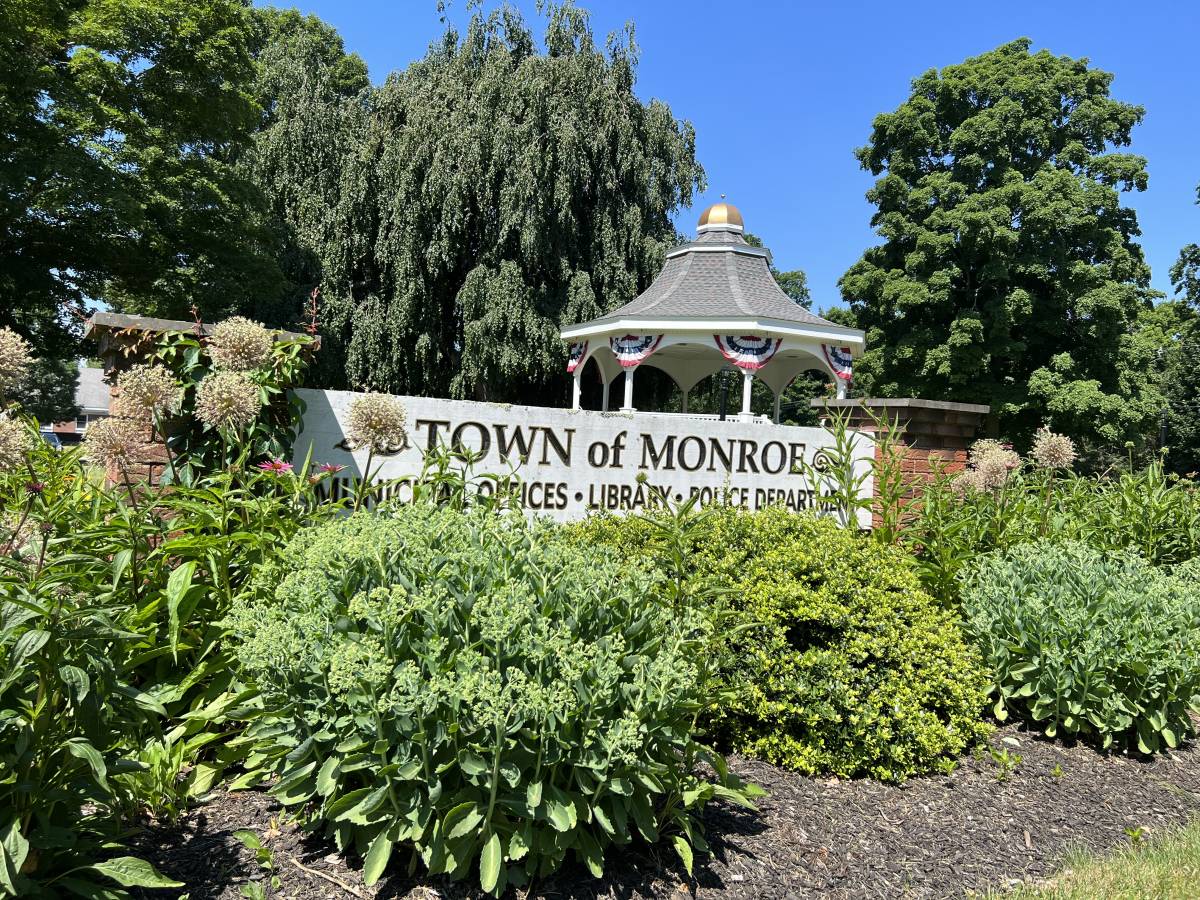MONROE, CT — First Selectman Terry Rooney highly touts the benefits of OpenGov, a cloud-based government software system that makes filing, tracking and accessing public records easier. After seeing a presentation at a previous meeting, the Town Council listened to testimony on the system Monday, before unanimously deciding to purchase the new software.
Kathleen Gallagher, the town’s planning and zoning administrator, told the Town Council the record keeping for her office is currently done by hand, so if someone asks for all of the permits for an address, for example, land use staff may have to go upstairs and to the basement, while gathering 10 different paper files.
“There’s a lot of opportunity for human error with people putting things back in the wrong spots,” Gallagher said of the old coding system during the Town Council meeting Monday evening.
She said OpenGov would enable Town Hall employees to do their jobs better, because its software could organize everything by address, making it easier to keep track of building permits, records and violations.
“It allows us to be more transparent to the public,” Gallagher said of public access to records, adding residents can also make town employees more accountable, because if their permit was sitting in a queue for a week with no activity, they could see that and say something.
Gallagher said OpenGov could also make for an easier transition when a new employee is hired.
Rather than going out on an inspection, taking notes and photos, driving back to the office and manually entering the information into the town system, Chief Building Official John Morris said OpenGov would allow him to enter information into a tablet and directly into the system.
Morris said he could also record short videos, which the assessor could access to see the status of a project.
“It will be a huge benefit and time saver,” Morris said of OpenGov.
Ray Baldwin, the former Trumbull first selectman, now works for the city of Shelton as its Fair Rent Commission coordinator. When he was hired, Baldwin said he noticed City Hall was still using paper applications, with reams of paper making a mess in offices.
“Things weren’t getting handled quickly enough,” Baldwin said.
After trying a program called Municity without success, Baldwin said Shelton officials looked at other municipalities to see what they were doing. Stratford, which uses OpenGov, invited them to see their operations.
“We brought our staff down,” Baldwin recalled. “They fell in love with the program. They absolutely loved it. It took us just about a year to get it live. Once we had it live, the residents and the city of Shelton, as well as the staff, just loved it.”
He said there is no paper involved, because everything is done electronically on tablets, storing information, photos and video.
OpenGov also allows members of the public to pay permit fees online, according to Baldwin, who said the finance department has access to the system, allowing it to track the data with an accounting package.
“Our residents love it too, especially developers because they can do all their applications at their leisure,” Baldwin said. “They can do ’em on weekends. They can do ’em at night. Nothing slips through the cracks.”
He said certain data cannot be viewed by the public, until the application is complete.
Baldwin said the software worked so well in land use for Shelton that they also implemented it for their purchasing department, where all the bids are recorded online with a link for its finance department to track the information.
Gallagher said having an account with the system allows officials to view other participating municipalities’ data.
OpenGov is used by over 2,000 municipalities across the country and around 55 Connecticut cities and towns use it. One new member town is Trumbull, according to Baldwin.
The cost
There is a one-time deployment fee of $48,360 for product configuration, setup and training. Then the contract requires the town of Monroe to pay $116,471 on July 1,2024, $71,516.55 on July 1,2025, and $75,092.38 on July 1,2026.
Rooney said Monroe will receive a discount of about $25,000, because of its membership with the Connecticut Metropolitan Council of Governments.
Baldwin said the city of Shelton charges a technology fee for applications to recoup some of the money for OpenGov software.
Councilwoman Cathy S. Kohut asked Baldwin if OpenGov ultimately pays for itself.
“I don’t think it completely pays for itself, but what we found is it pays for a big part of itself,” Baldwin replied. “It also saves on personnel,” he added of no longer needing to pay for some positions, such as someone with the responsibility of collecting checks for example.
All respectful comments with the commenter’s first and last name are welcome.


